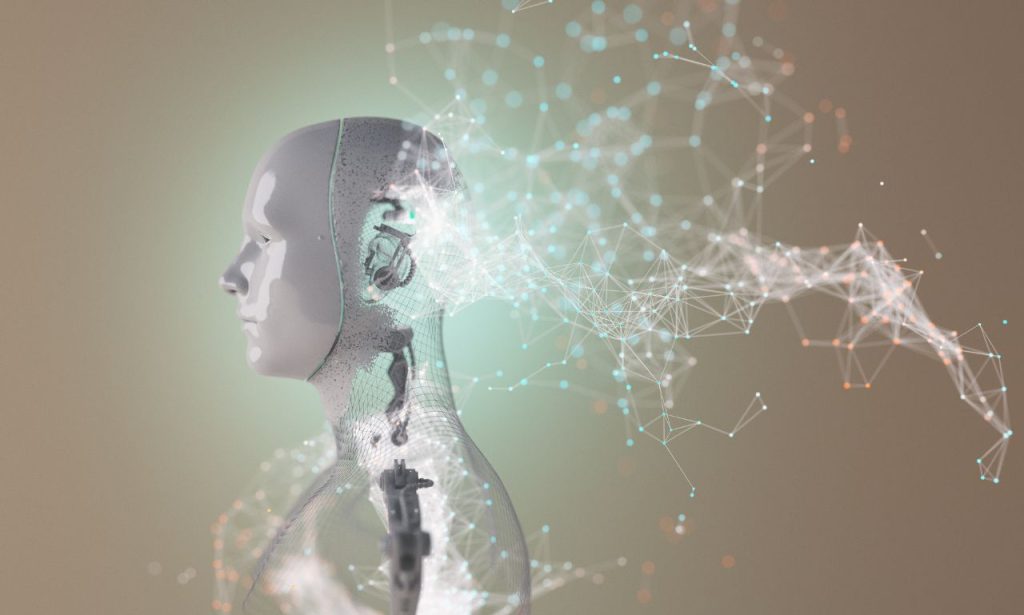Introduction
The evolution of Artificial Intelligence (AI) from a concept depicted in science fiction to a reality shaping our everyday lives has been a fascinating journey marked by significant milestones and advancements. character ai alternative There is not a single business or industry that has not employed AI in some way or the other. Knowledge of AI technologies currently constitute the most sought-after technical skills and those aspiring to acquire skills in this area range from students, to professionals to researchers, and technology enthusiasts. A casual look into the enrolment pattern in an Artificial Intelligence Course in Bangalore, Chennai, or Delhi will reveal that AI skills are as much aspired by the technical community as by non-technical persons.
The Story of the Evolution of AI
Let us explore how AI has transitioned from the realm of imagination to tangible technological achievements:
Early Concepts in Science Fiction
- Foundation in Literature: The concept of artificial beings with human-like intelligence dates back to ancient myths and legends. However, it gained prominence in modern literature, with works like Mary Shelley’s “Frankenstein” (1818) and Karel Čapek’s “R.U.R.” (1920) introducing the idea of artificially created beings with consciousness. The amusement value that AI harbours is still in demand, for instance in the gaming, advertising, and entertainment industries. In fact, With some research, one can, for instance, find an Artificial Intelligence Course in Bangalore or Mumbai that is tailored for the entertainment industry.
- Golden Age of Science Fiction: The mid-20th century saw an explosion of science fiction literature exploring AI and robotics, including Isaac Asimov’s “I, Robot” series, which introduced the famous Three Laws of Robotics, and Arthur C. Clarke’s “2001: A Space Odyssey,” featuring the iconic AI character HAL 9000.
Early Developments in AI Research
- Foundations of AI: The formalisation of AI as an academic discipline began in the 1950s and 1960s, with pioneers such as Alan Turing, John McCarthy, and Marvin Minsky laying the groundwork for AI research.
- Symbolic AI: Early AI systems focused on symbolic reasoning and logic, aiming to mimic human thought processes using symbolic representations and rules.
Key Milestones in AI Development
- Expert Systems: In the 1970s and 1980s, expert systems emerged as one of the earliest practical applications of AI, capable of reasoning and making decisions within specific domains based on expert knowledge.
- Machine Learning: The late 20th century saw the rise of machine learning as a dominant paradigm in AI research, with algorithms capable of learning from data and making predictions without explicit programming.
- Deep Learning: Breakthroughs in neural network research, coupled with advances in computing power and big data, led to the resurgence of interest in deep learning in the 21st century. Deep learning revolutionised AI by enabling systems to learn complex patterns and representations directly from raw data. Although an advanced discipline, deep learning can substantially enhance the potential of AI technologies and an advanced AI Course will include elaborate coverage of deep learning techniques.
Contemporary Applications of AI
- Virtual Assistants: AI-powered virtual assistants like Siri, Alexa, and Google Assistant have become ubiquitous, enabling users to perform tasks, answer questions, and control smart devices using natural language commands.
- Computer Vision: AI algorithms can now analyse and interpret visual data, leading to applications such as facial recognition, object detection, and medical image analysis. These algorithms, for example, help government agencies to correctly identify the beneficiaries of governmental schemes and the police department to identify and zero in on criminals. An AI Course for law enforcement personnel is becoming as common as a course in forensic sciences.
- Natural Language Processing (NLP): NLP techniques enable machines to understand, generate, and interact with human language, driving innovations in chatbots, language translation, sentiment analysis, and text generation.
- Autonomous Vehicles: AI plays a crucial role in the development of autonomous vehicles, enabling them to perceive their environment, make decisions, and navigate safely without human intervention.
Ethical and Societal Implications
- Ethical AI: Concerns surrounding AI ethics, including bias, fairness, transparency, and accountability, have become increasingly prominent as AI technologies permeate various aspects of society.
- Job Displacement: The widespread adoption of AI has raised concerns about job displacement and the future of work, prompting discussions about the need for reskilling and workforce adaptation.
- Privacy and Security: AI systems often deal with sensitive data, raising issues related to privacy, data protection, and cybersecurity. In view of the stringent laws governing data privacy, and the severe legal implications of non-compliance, any AI Course, especially those meant for professionals, will have topics dedicated to orienting learners for responsible use of data and for ensuring data privacy and security.
Conclusion
The evolution of AI from science fiction to reality represents a testament to human ingenuity and technological advancement. While AI has achieved remarkable feats and transformed numerous industries, it also poses complex challenges and ethical dilemmas that require careful consideration. As AI continues to evolve, striking a balance between innovation and responsibility will be essential in harnessing its potential for the benefit of society.
For More details visit us:
Name: ExcelR – Data Science, Generative AI, Artificial Intelligence Course in Bangalore
Address: Unit No. T-2 4th Floor, Raja Ikon Sy, No.89/1 Munnekolala, Village, Marathahalli – Sarjapur Outer Ring Rd, above Yes Bank, Marathahalli, Bengaluru, Karnataka 560037
Phone: 087929 28623
Email: [email protected]

